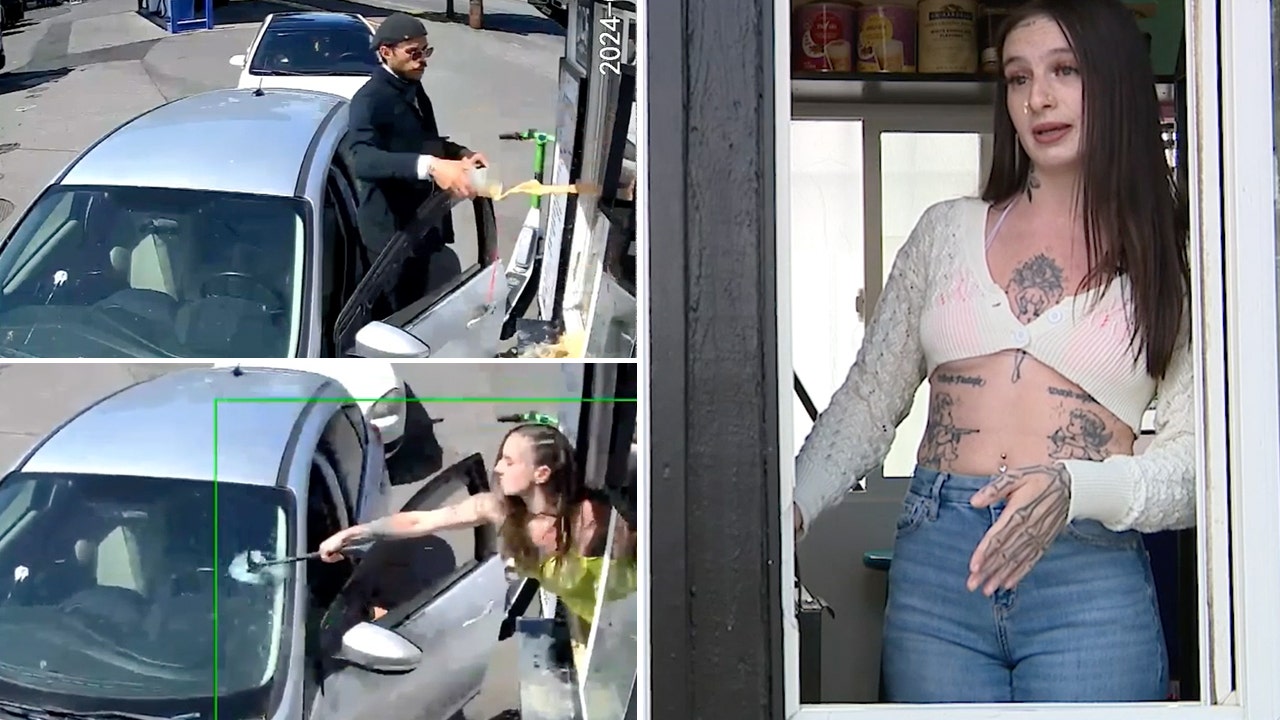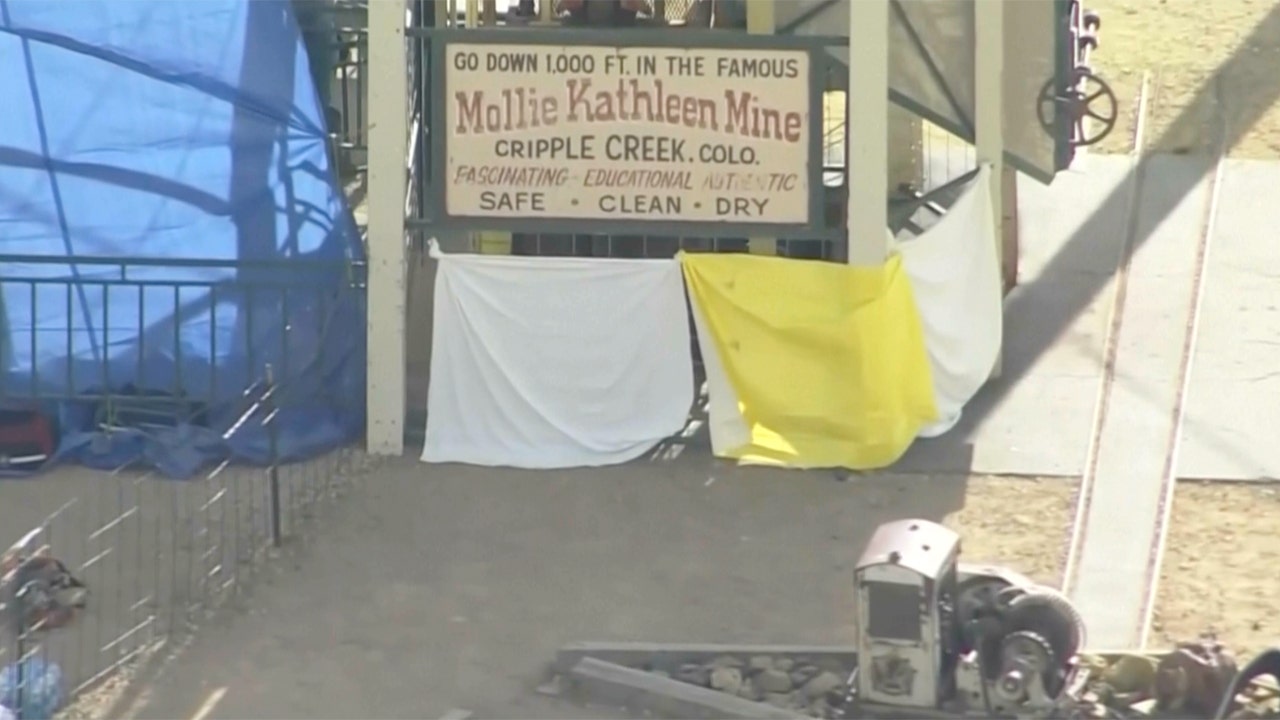But he still could not relinquish those White House dreams. After Senator John Kerry lost the presidential election to George W. Bush in 2004, Jill knew that running again was on his mind, Biden writes, “but we never really talked about it.” At Christmastime that year, however, Jill raised it, calling for a family meeting when the kids were all visiting.
The night before their talk Biden had trouble sleeping, he writes, and he paced around the house, anticipating what the family might say the next morning: “Remember how they treated you in 1987. Why invite more pain and heartache? Why take the risk?” He found himself growing preemptively angry, but he knew he needed the family’s support. “If they don’t want me to run, I thought, I can’t run,” he writes. “It’s not an arguable point.”
The next morning, with everyone arrayed in the library — including his sister, Val, a major player in so many prior races, and Ted Kaufman, his longtime friend and adviser — Jill delivered their verdict. “I want you to run this time,” she said. “It’s up to you, but we’ll support it.” She explained that they thought he was “the best person to pull the country together.”
Biden would not win the top job in 2008, but when he accepted his nomination as the vice-presidential candidate at the Democratic convention, he shared a belief that may stay with him even today: “Failure at some point in your life is inevitable, but giving up is unforgivable.” He did not give up his quest. As his second term as vice president winded down, Biden considered the presidency yet again.
The illness of his son Beau posed logistical and emotional challenges. “The question of running for president was all tangled up in Beau, and purpose, and hope,” Biden writes in “Promise Me, Dad: A Year of Hope, Hardship and Purpose,” a 2017 memoir. “Giving up on the presidential race would be like saying we were giving up on Beau.”






